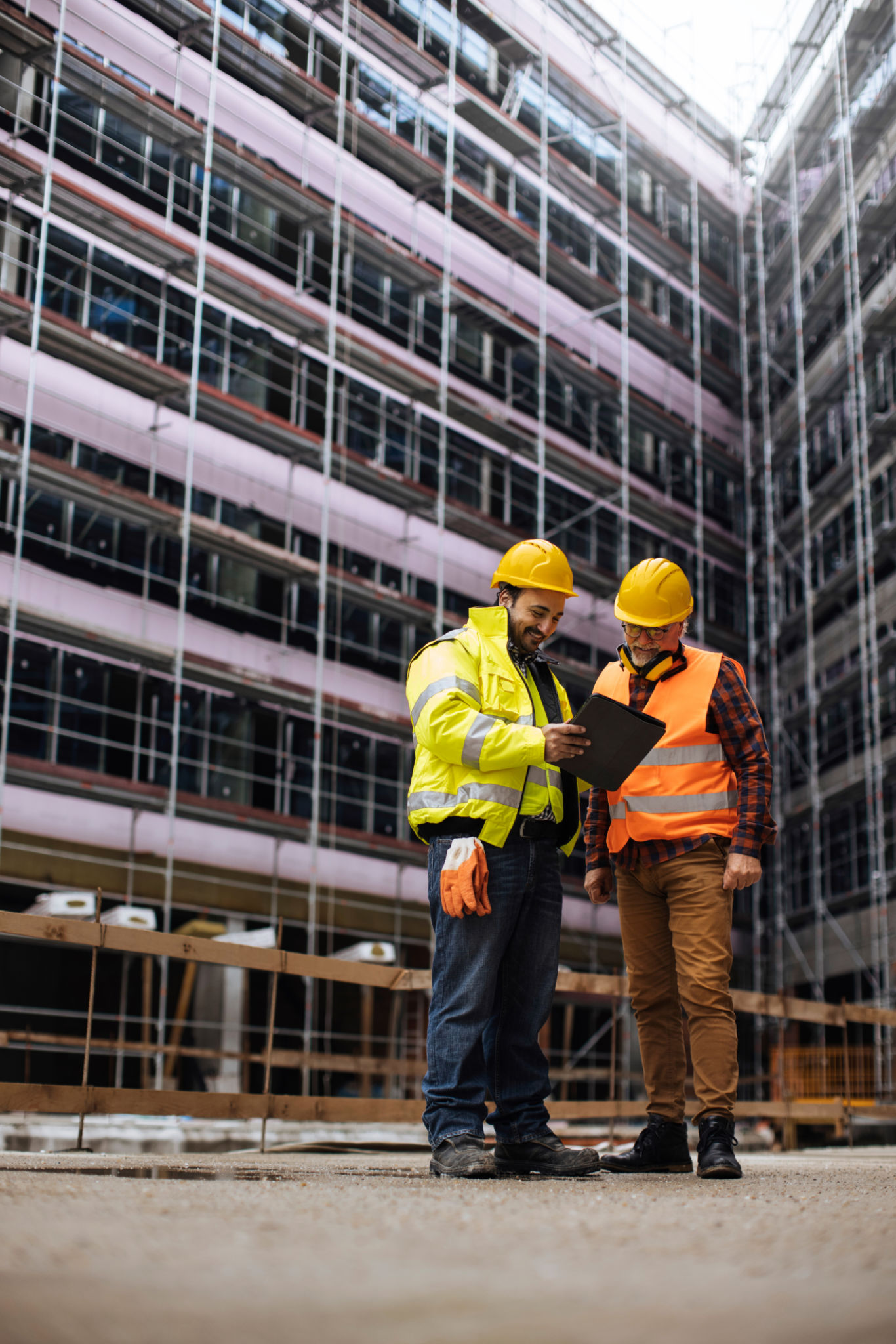How to Navigate German Building Regulations for Renovations
Understanding the Basics of German Building Regulations
Renovating a property in Germany can be an exciting yet challenging endeavor. One of the first steps is to familiarize yourself with the Bauordnung, or building regulations, which vary between states. Understanding these regulations is essential to ensure your renovation project is legal and compliant.
Each state in Germany has its own building code, but they share common principles. It's crucial to consult the local building authority, known as the Bauamt, to obtain specific guidelines for your region.

Planning Permission and Approval
Before commencing any renovation work, you may require planning permission. The need for this varies depending on the scope and nature of your project. For significant changes, like structural modifications or expansions, obtaining a Baugenehmigung (building permit) is mandatory.
When applying for a building permit, you'll need to submit detailed plans, including architectural drawings and structural calculations. It's advisable to hire a local architect or engineer familiar with the local regulations to assist with this process.
Engaging with Professionals
Working with professionals who understand German building codes is invaluable. Architects, engineers, and skilled contractors can provide insights and ensure that your renovation adheres to all necessary regulations.
These professionals can also help navigate the paperwork and communicate effectively with the Bauamt. Their expertise not only saves time but also minimizes the risk of costly mistakes.

Energy Efficiency and Sustainability Requirements
Germany places a strong emphasis on energy efficiency and sustainability in building projects. Renovations often need to comply with the EnEV (Energieeinsparverordnung), which sets the standards for energy savings. This includes insulation, heating systems, and window installations.
Incorporating energy-efficient solutions not only helps meet regulatory requirements but also reduces long-term energy costs. Consider consulting an energy advisor to explore sustainable options that align with your renovation goals.
Conservation and Heritage Considerations
If your property is classified as a historic building, special regulations apply. These buildings are protected by the Denkmalschutz law, which aims to preserve their historical value.
Renovations on heritage properties often require additional approvals and may be subject to stricter guidelines. Working closely with conservation experts and the relevant authorities is essential to ensure compliance while maintaining the building's character.

Final Inspections and Compliance
Once the renovation is complete, the project may be subject to a final inspection by the Bauamt to ensure all work complies with the approved plans and regulations. This inspection is a critical step in the renovation process.
Successful completion of this inspection results in a certificate of completion, confirming that your renovation meets all necessary legal and safety standards. This certification is crucial if you plan to sell or lease the property in the future.
Staying Informed and Updated
Building regulations in Germany can change, so staying informed about any updates is essential, especially for long-term projects. Regularly consulting with professionals and checking for legislative changes will help keep your renovation compliant.
By understanding and navigating the complexities of German building regulations, you can ensure a smooth and successful renovation, adding value and comfort to your property.